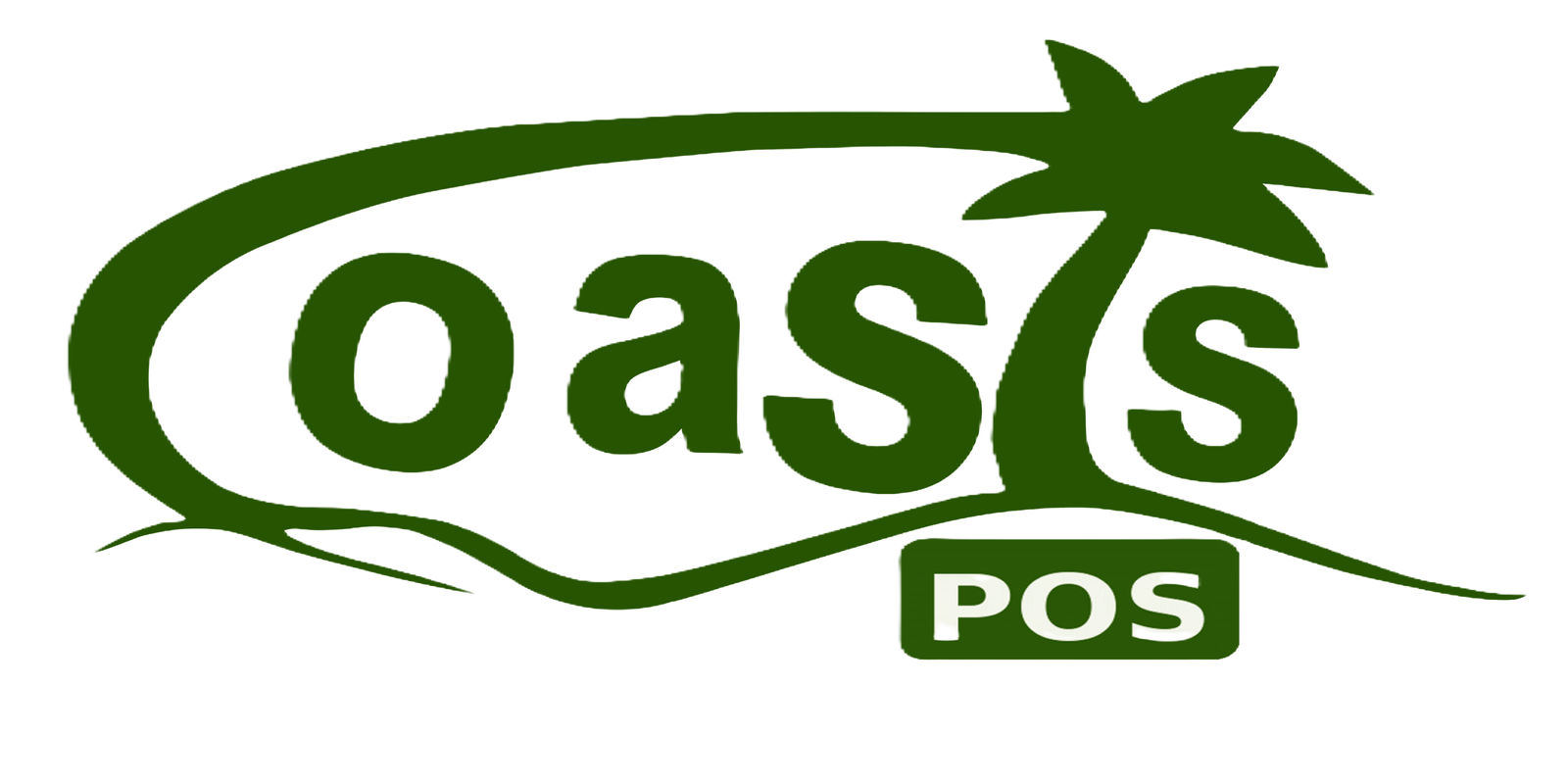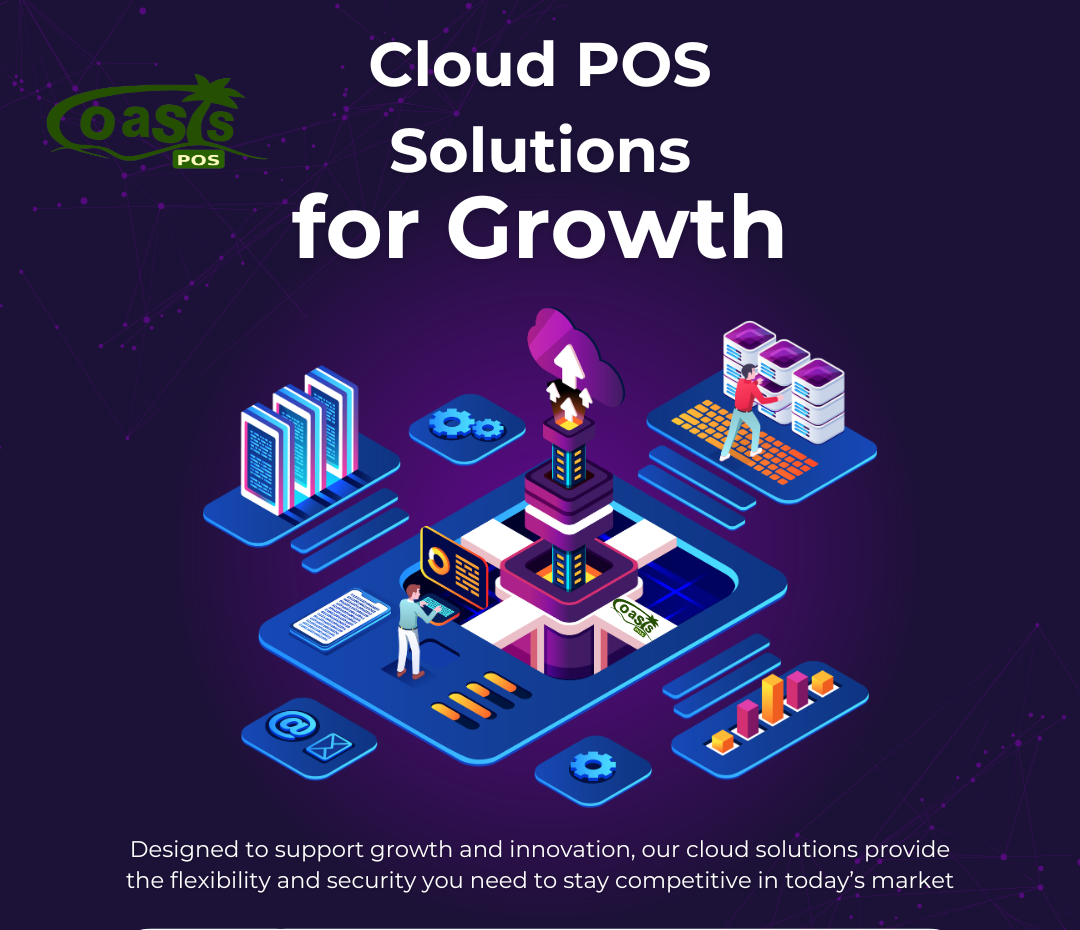Selecting the right POS billing software can make or break your business operations. With so many options available, it’s easy to get overwhelmed and make a decision that doesn’t serve your needs. To help you out, we’ve compiled a list of common mistakes to avoid when choosing a POS billing system. By steering clear of these pitfalls, you’ll set your business up for success and ensure smoother operations, especially if you’re managing multiple locations with ease.
1. Ignoring Scalability for Future Growth
One of the biggest mistakes business owners make is selecting a POS system that fits their current needs but doesn’t grow with them. Your business might be small now, but what happens when you expand to multiple locations? A POS system that doesn’t support scalability can hold you back, forcing you to upgrade prematurely.
When evaluating systems, think long-term. Look for features like centralized management, real-time inventory updates, and multi-location support. These tools ensure you can handle growth without constantly switching systems. A scalable POS billing software gives you the flexibility to adapt as your business evolves, saving you time and money in the future.
2. Overlooking Integration Capabilities
In today’s tech-driven world, your POS system needs to play well with other tools you use. Whether it’s accounting software, e-commerce platforms, or customer relationship management (CRM) tools, seamless integration is key. Yet, many businesses overlook this and end up with a system that creates more work instead of simplifying processes.
For instance, imagine managing multiple locations and having to manually input sales data from each store into your accounting software. It’s a tedious and error-prone task. A POS system with robust integration capabilities eliminates this hassle by syncing data across platforms automatically. Before making a decision, check if the software integrates with your existing tools and future ones you might adopt.
3. Choosing Price Over Features
It’s tempting to go for the cheapest option, but when it comes to POS billing software, you often get what you pay for. A budget-friendly system might lack essential features like multi-location management, detailed reporting, or inventory tracking. Without these tools, you’ll end up spending more time and resources on manual work.
Instead of focusing solely on price, evaluate the value the software brings to your business. Does it save you time? Does it provide insights to help you make better decisions? Investing in a feature-rich POS system might cost more upfront but pays off in the long run by improving efficiency and accuracy.
4. Not Considering Ease of Use
A powerful POS system is useless if it’s too complicated for you or your staff to use. Overly complex systems can lead to frustration, errors, and wasted time during training. When managing multiple locations with ease is your goal, a user-friendly interface becomes even more important.
Always test the software before committing. Look for intuitive navigation, clear instructions, and helpful customer support. The easier it is for your team to learn and use the system, the quicker you can focus on running your business smoothly.
5. Neglecting Customer Support
Even the best software can run into issues, and when that happens, you’ll need reliable customer support to get back on track. Many business owners overlook the importance of support and end up frustrated when they can’t get timely assistance.
When choosing POS billing software, research the provider’s support options. Do they offer 24/7 assistance? Are there multiple ways to reach them, like chat, email, or phone? Reliable customer support ensures you’re never stuck, no matter what challenges arise.
6. Forgetting to Assess Reporting Features
Data is the backbone of smart business decisions, and your POS system should provide you with actionable insights. However, many business owners make the mistake of choosing software that offers limited or overly generic reporting features.
Look for a system that provides detailed sales, inventory, and employee performance reports. These insights are especially helpful when managing multiple locations with ease, as you can compare performance and make informed adjustments. The right reporting tools will help you spot trends, optimize stock levels, and plan for the future.
7. Failing to Plan for Mobility
With more businesses adopting mobile POS solutions, failing to consider this feature can put you at a disadvantage. Mobile POS systems allow you to serve customers on the go, making them ideal for businesses with pop-up locations or events.
If you’re managing multiple stores or planning to expand, a mobile-friendly POS system ensures flexibility and convenience. It also enhances customer experience by speeding up transactions and reducing wait times. Don’t miss out on this versatile feature when evaluating options.
Conclusion
Choosing the right POS billing software is a critical decision that impacts your business’s efficiency and growth. By avoiding these common mistakes, you can find a system that not only meets your current needs but also supports your future goals. Whether it’s managing multiple locations with ease, integrating with other tools, or ensuring a smooth user experience, the right POS software sets the foundation for success. Take your time, evaluate your options carefully, and invest in a solution that helps your business thrive.


